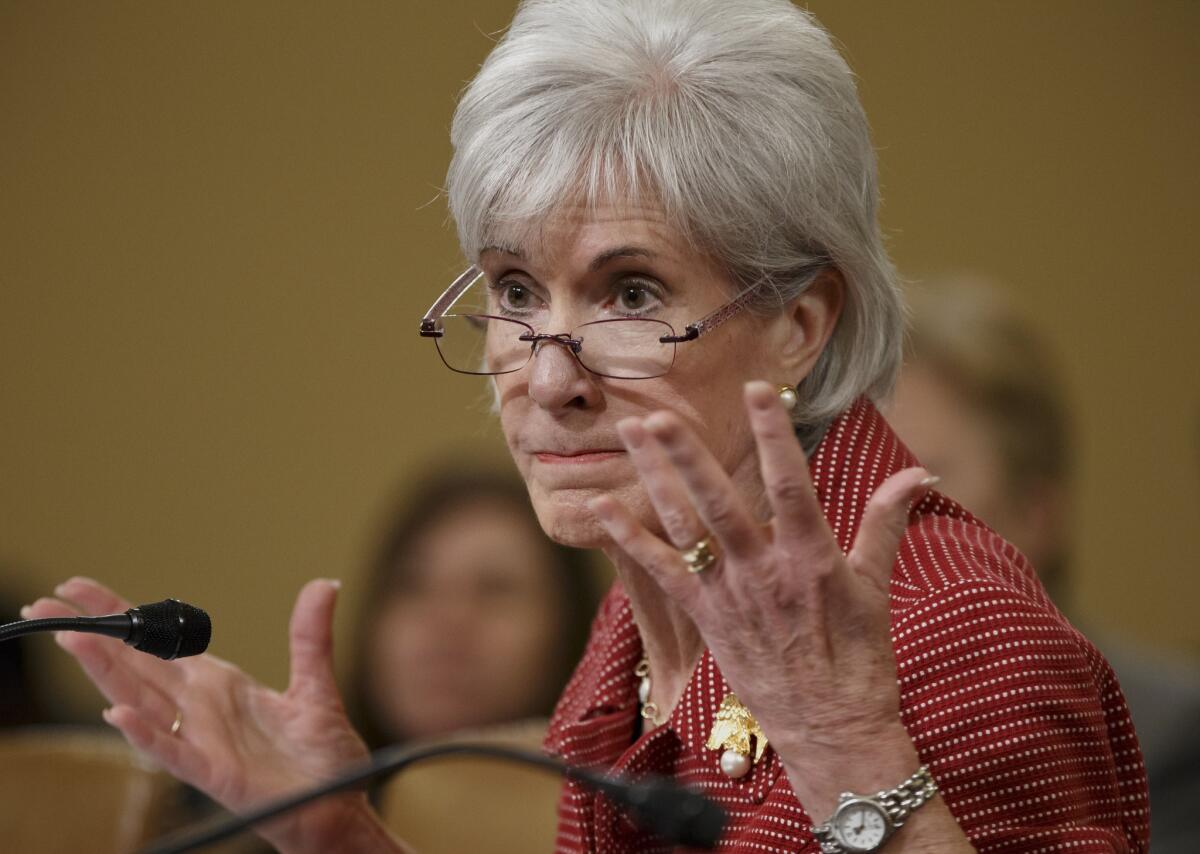Editorial: Unfair to Obamacare: Another ill-advised legal challenge

Opponents of the Affordable Care Act have mounted the most far-reaching legal challenge to the law since the (unsuccessful) attempt to have its insurance mandate declared unconstitutional. At issue is whether the subsidies the law provides to help lower-income adults buy policies will be available in the 34 states with federally launched insurance exchanges, rather than just the state-operated ones. The Internal Revenue Service ruled that any American who meets the income limits can qualify for a subsidy; the plaintiffs say subsidies should be available only in the 16 states that set up their own exchanges. The latter interpretation, frankly, is ridiculous.
The law requires every state to have an insurance-buying exchange for individuals and small businesses, but it gave state officials a choice: They could set up the exchange themselves, or they could leave that work to the federal government. The law also requires virtually all adult Americans to obtain coverage, starting this year, but provides subsidies on a sliding scale to lower-income earners who buy policies through a state exchange. Those who could afford a policy but don’t buy one are subject to financial penalties, as will be many businesses if they don’t provide affordable insurance to their full-time workers after this year.
On Tuesday, a federal appeals panel in Washington will hear Halbig v. Sebelius, a challenge to the IRS’ ruling brought by four individuals and two businesses from states with federally run exchanges. The IRS’ ruling hurts them, the individuals argue, because the subsidies enable them to afford insurance, thus making them subject to penalties if they refuse to sign up. Just pause for a moment and ponder the irony of that complaint. The businesses, meanwhile, argue that the ruling subjects them to penalties if they don’t offer coverage to their workers.
PHOTOS: Obamacare -- and 8 other bungled launches
The plaintiffs seized on a provision in the law that says subsidies should be calculated based on the cost of insurance purchased at “an exchange established by the state,” asserting that this limits subsidies to those 16 states running their own exchanges. But as a lower court ruled in January, they ignore substantial evidence in the law that Congress intended all state exchanges to be treated the same way, regardless of how they came into being. The law is inartfully worded, but it’s clear from the eligibility requirements and other provisions that Congress intended the subsidies to be available across the country, not denied to millions of lower-income households simply because their states didn’t support Obamacare.
Critics of the president assert that the IRS’ ruling is just one example of how the administration has abused its rule-making authority to unilaterally rewrite laws and defy the will of Congress. This case, however, is more an example of how the Affordable Care Act’s opponents will go to absurd lengths to undermine a law they cannot abide.
More to Read
A cure for the common opinion
Get thought-provoking perspectives with our weekly newsletter.
You may occasionally receive promotional content from the Los Angeles Times.









